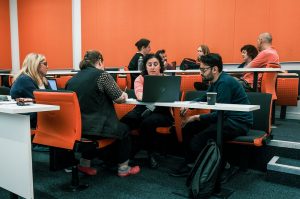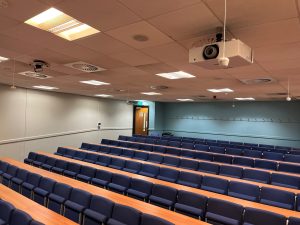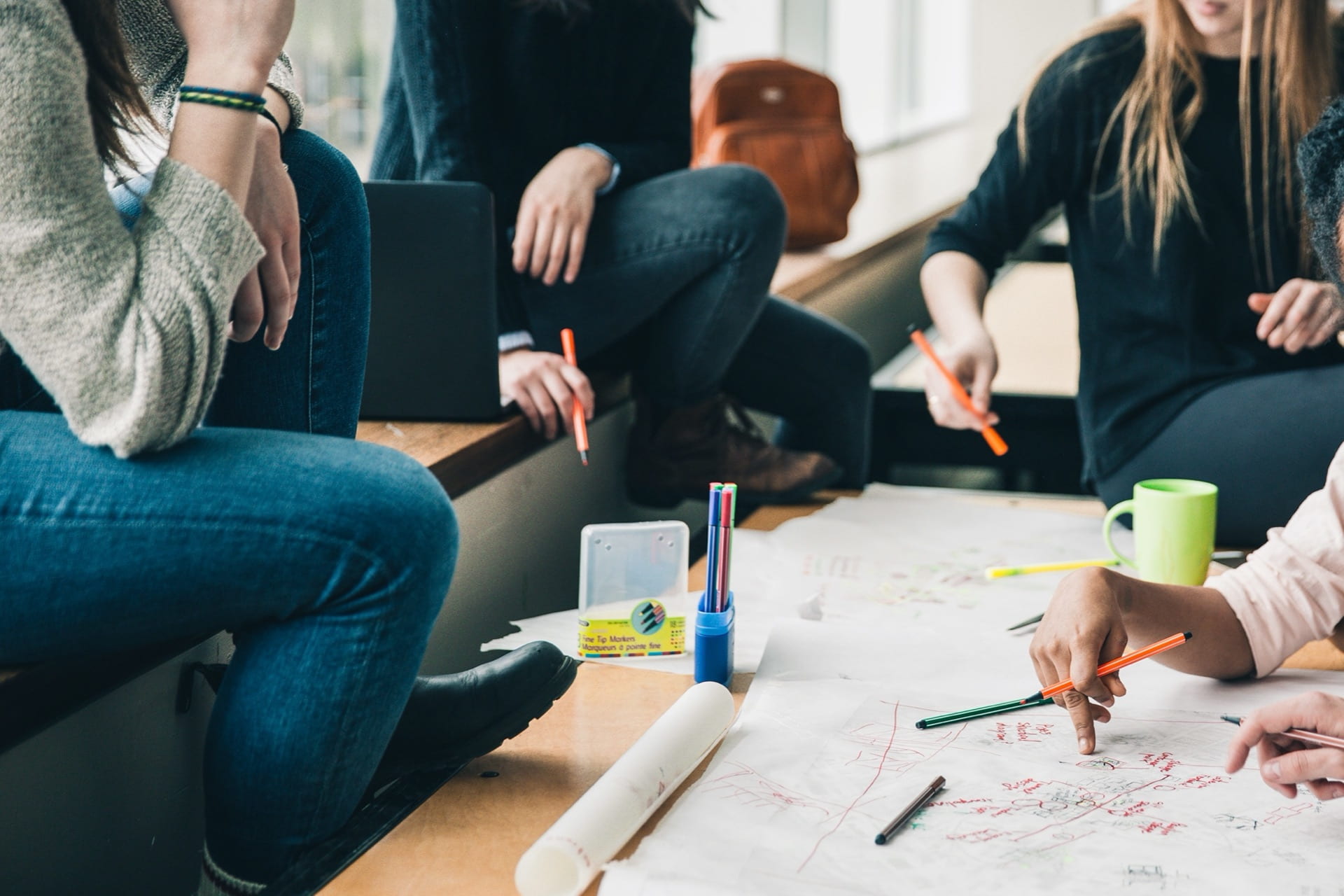Even before the Covid-19 pandemic, higher education was facing huge challenges in how to respond to a difficult financial and divergent sociopolitical situation; in what way should universities adapt to an uncertain future? One strategic approach is to think about what is important for the learning and development of our students and then decide how best to deliver that experience.
As outlined before on this blog site, businesses and traditional ways of working and studying are changing due to the Coronavirus pandemic, but the static environment of the workplace and our approach and attitudes have not fully responded, it’s always easier to do what has been done before. See previous posts here; Maybe the system is obsolete, What Type of Learning Spaces Should We Design for our Students? Update and Campus of the future
This debate is just as relevant for higher education and is having an impact on our student population and their uncertain futures. This has to be an opportunity for changes to the university estate, resolving issues of learning and teaching in unsuitable spaces, student density and overcrowding, and catering for diversity and inclusion. If the pandemic has taught us anything, it is how effective digital tools can be for greater accessibility, collaboration and blended learning.

The development of learning spaces and workplaces for students, and staff, is facing a key challenge: the role of ‘place’ has lessened and the habitual fixed location of working has been challenged. To address this, it is important to reframe the campus as a social environment and an activity-based workspace. Senior leadership teams must address the traditional adversarial conflicts seen in academia within our campus estates, such as between design versus operations and physical versus digital. For students and staff, the ability to collaborate is key and a fundamental requirement for success now and in the future. At City, the ISLA Project, [Inclusive Synchronous Learning Activities] a hybrid model of learning and teaching, derived from creative problem-solving and collaboration as a blended solution that emerged from the pandemic. Our brilliant student Co-Pilots who facilitate hybrid teaching have developed transferable and enduring skills for their future careers.

In an excerpt from his book ‘Closing the Service Gap’, author and professor of leadership at Henley Business School, Benjamin Laker suggests how students can thrive in this dynamically changing landscape. He highlights these 6 skills that should be focused on to become employable and ultimately sustained in the workplace.
- Agility
- Adaptability
- Ability to collaborate
- An innovative mindset
- Relationship building
- Ability to foster a resilient culture
Along with cultivating student employability skills, what type of education do we need and want to provide? Now the pandemic is effectively over, we should ‘slow down to speed up‘ and be honest with ourselves and focus on what type of learning environment we should be developing. A key decision would be to look at the modality of delivering effective and appropriate pedagogies. A great start would be to listen to what students want, bearing in mind what employers are looking for in those graduates, and create new zonal spaces for hybridised study and not large expensive lecture theatres. In my opinion, this has to be the future.



This article provides valuable information on the importance of developing students’ skills for the future by giving them space to explore and develop. As someone who is passionate about education, I appreciate the emphasis on promoting independent learning and critical thinking. For nursing students looking for support in their studies, NursingPaper provides nursing essay writing services and offers valuable resources and assistance. By leveraging their experiences, nursing students can improve their skills and achieve academic success, ultimately preparing them for the challenges of the healthcare industry. Let’s continue to prioritize student development and support their growth in every way possible.